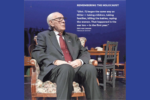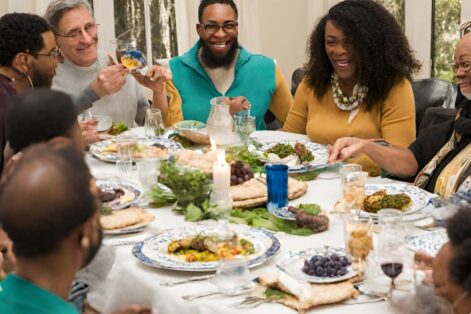A common statement you might hear from someone giving newlywed or relationship advice is “Never go to bed angry.” This is actually a common myth in relationships. It is okay to go to bed angry if you need the time to cool down. When it comes to conflict management, everyone is different in the amount of space or time they need to cool down.
Here are some important things to note about conflict and if you decide to go to bed angry.
If you go to bed angry, make sure you remember to return to the issue the next day. The statement is better off saying, “go to bed angry if you need to, but don’t forget to talk about it the next day.” Following up sends the message to the other person that you care to fix things, and that it’s important to you to not leave the conflict hanging.
According to research, one of the most important aspects of conflict management in relationships is what’s called the ‘repair.’ The repair is how you come together after a conflict. It can be an apology, a light joke, a follow-up discussion, or anything else that shows you want to connect and make up after the conflict. If you choose to go to bed angry, just ensure you make an effort to revisit the conflict the next day, and show that it is important to you that you make the repair.
When John Gottman was studying couples, what he found was that the successful long lasting relationships were ones that were able to successfully repair after a conflict (even if they went to bed angry!).
To summarize, going to bed angry is okay, as long as you intend to make a repair and you don’t leave the conflict hanging.
This article was written by Rachel Goodman, LAMFT.

Rachel was born and raised in Phoenix, Arizona. She is a Licensed Associate Marriage and Family Therapist (LAMFT) with a Master of Advanced study in Marriage and Family Therapy. Her passion is to support couples in premarital work, conflict management, improving connection and communication, and building a strong foundation. She also loves to help individual women work through challenges they may have in relationships and build a better relationship with themselves.
Rachel believes that all relationships have the ability to grow and change. She works in a collaborative, supportive, and nonjudgmental space with couples and women individuals.
Rachel is Level 1 and Level 2 Gottman Certified, and Prepare/Enrich Certified. She is always looking for ways to further her education so she can best support her clients.
This post has been contributed by a third party. The opinions, facts and any media content are presented solely by the author, and JewishPhoenix assumes no responsibility for them. MORE









































































